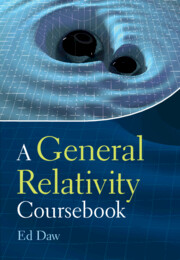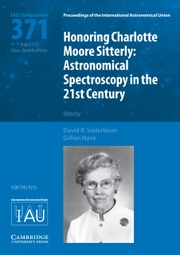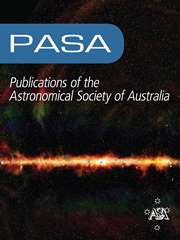A General Relativity Coursebook
General relativity is a subject that most undergraduates in physics are particularly curious about, but it has a reputation for being very difficult. This book provides as gentle an introduction to general relativity as possible, leading you through the necessary mathematics in order to arrive at important results. Of course, you cannot avoid the mathematics of general relativity altogether, but, using this book, you can gain an appreciation of tensors and differential geometry at a pace you can keep up with. Early chapters build up to a complete derivation of Einstein's Equations, while the final chapters cover the key applications on black holes, cosmology and gravitational waves. It is designed as a coursebook with just enough material to cover in a one-semester undergraduate class, but it is also accessible to any numerate readers who wish to appreciate the power and beauty of Einstein's creation for themselves.
- The mathematical approach is a simple as possible, but not so simple as to be superficial, providing all of the algebraic steps you need to follow and appreciate the details
- Avoids 'naturalised' units, retaining factors of G and c, to allow more obvious connections with more familiar material (Newtonian gravity and special relativity), to assess the relative magnitudes of terms, and to check your algebra with dimensional analysis
- Unlike many GR texts, this is designed to be short and succinct, providing instructors with just the right amount of content to cover in a one-semester course
- Includes carefully selected topics in gravitational wave science, so that students will really understand how gravitational waves arise from the theory, and also why LIGO-like detectors are particularly suitable for detecting them
Reviews & endorsements
'The approach in the book is unique and especially valuable for the student first encountering General Relativity. It shows in detail the computational steps involved in gaining the main results.' Rainer Weiss, Massachusetts Institute of Technology
'I think this is an excellent introduction to General Relativity and its important applications to cosmology and gravitational wave astrophysics for the serious student who has not experienced the necessary mathematical formalism before and who is willing to follow the text and attempt the many examples. It is an ideal lead in to many of the more sophisticated modern textbooks which are now available.' Prof. Sir James Hough, OBE FRS FRSE
'The book fills the gap between more qualitative introductions to GR and books which leave out the needed details … Daw obviously knows the material, and spends some extra time on topics which often prove difficult for many students. The book is well written and clearly structured … Especially for those who like to learn their maths as needed as they go, this is one of the few books which fit that need.' Phillip Helbig, The Observatory
Product details
April 2023Paperback
9781009242448
223 pages
242 × 170 × 13 mm
0.38kg
Available
Table of Contents
- Preface
- 1. The principle of equivalence
- 2. Tensors
- 3. Matter in space-time
- 4. Geodesics
- 5. Einstein's equations
- 6. Schwarzschild's solution
- 7. Cosmology
- 8. Gravitational waves
- 9. A guide to further reading
- References
- Index.




